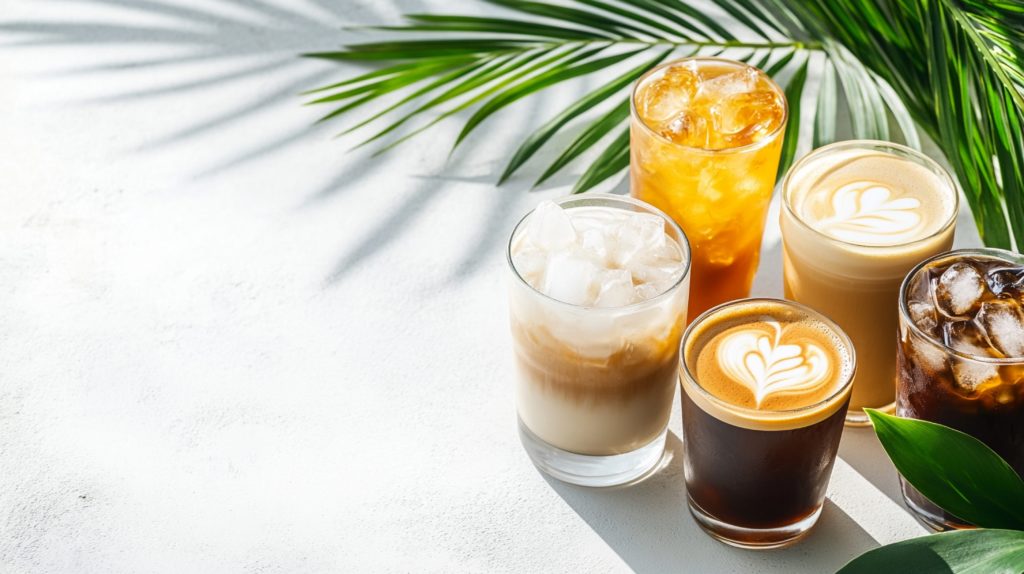Collagen in Focus: Meeting Skin and Joint Health Demand
Consumer Awareness of Collagen Continues to Increase, Driven by Social Media and Product Innovation
Global familiarity with collagen has surged in recent years. FMCG Gurus' consumer insights indicate that 90% of consumers now recognize the ingredient. Awareness levels vary only slightly by age group. For example, reaching a high of 93% among Baby Boomers and dipping to 88% for Generation Z. This rise can be attributed to collagen’s expanding role beyond traditional beauty and personal care. This is particularly true as it finds its way into a growing range of health-focused product innovations. Additionally, platforms like Instagram, TikTok, and YouTube have amplified collagen’s visibility through influencer endorsements and trending health content.
While this has helped elevate public knowledge, it also opens the door to misinformation. This is because social media buzz may lead to oversimplified or exaggerated health claims.

Consumer Demand for Collagen-Infused Products on the Rise
Among those who recognize collagen, FMCG Gurus' consumer insights show that 75% actively seek it out in products. This is a notable jump from figures seen two years ago. The preferred delivery method continues to be supplements. Examples of this include formats like capsules, tablets, and powders.
Many consumers are drawn to supplements due to the belief that they offer greater potency and effectiveness compared to conventional food or drink products. This perception underscores the importance of clear, evidence-based messaging from collagen supplement brands to maintain trust and transparency in a growing and competitive category.

Skin and Joint Support Remain Top-of-Mind for Collagen Users
Although consumers are beginning to learn more about collagen’s broad spectrum of health benefits, the ingredient remains most closely linked to skin health, owing to its long-standing presence in personal care and its association with maintaining skin elasticity and hydration. Joint and bone health follow closely behind as the next most common area of perceived benefit.
The growing consumer link between collagen and these core wellness areas reflects a rising interest in solutions that target aging and mobility issues. At the same time, there is significant opportunity to expand consumer understanding of collagen’s potential role in areas like immune support and overall vitality. With functional products in high demand, brands have a chance to position collagen as a multifunctional health enhancer.
Want to understand how modern lifestyles are fueling the demand for skin and joint health solutions, and what this means for collagen’s future? Discover more with FMCG Gurus’ in-depth report: Collagen: Targeting the Skin and Joint Health Market – 2025. For more details, contact us at info@fmcggurus.com.













